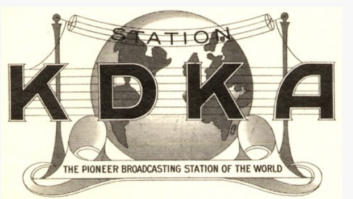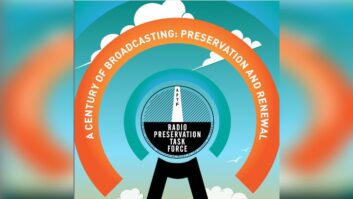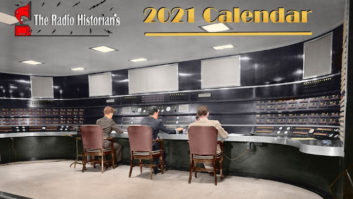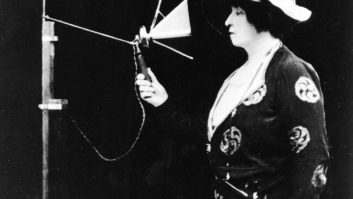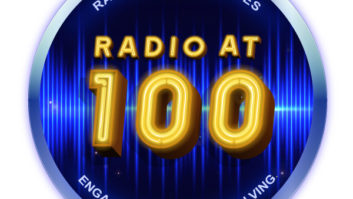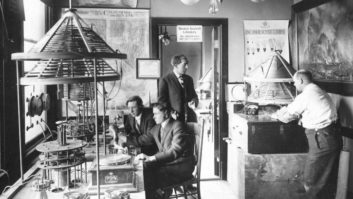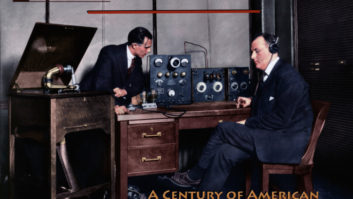There are a lot of tasks in my informal job description that don�t appear in the formal one for broadcast engineers.
Personally, I like the Santa Claus role I�ve been lucky to play under at most stations. Whenever someone needs something � a new desk, computer, slave station clock, stereo, playback system, smoking fan in the GM�s office � I got to procure it. You can buy the love of your fellow workers with the station checkbook, and someone has to do it. (Nothing like surprising a co-worker with something that improves their working conditions as the station benefits from investing in improved efficiency and performance.)
It would be most interesting if this old remote mixer could somehow repeat some of the things that have been said through it.

I also really like that broadcast engineers are the station historians.
Only we know the story of how the station started, some nearly a century ago, with long wires, 250 Watt transmitters and a single microphone in a living room-esque studio with a quartet and an announcer. Only the engineer knows some stories of challenge, hardship, hope and excelling against all odds with limited resources and technology. We also know the horror stories and the ever-eventful disasters punctuated with tales of heroism and selflessness. Lives and property saved, all the while making sound for the masses.
Along the way, the station produced all sorts of promotional chits, programs preserved on paper scripts, vinyl, tape and now electronic files. The engineering catacombs might not be habitable, but they are a good place for all manner of memorabilia. Weird power tubes, maybe an 18-inch turntable platter, 2-inch recording tape, piles of black and white photos with unknown people working in almost-familiar studios.
Radio stations are happy places and nostalgic. Any opportunity to go back in time is welcome, whether for a station gathering or memorable promotional efforts. Some of our listeners really do like to hear and see what it was like back when. Our staff needs to know that they are part of a story that began long before many of them came through the doors or were even born, for that matter.
Who else, aside from a station engineer, would have any idea this was an old homebrewed transmitter, perhaps the station�s original, that needed to be kept for posterity?

Somewhere, there is bound to be an antiquities box. I�ve found first-generation calculators, ribbon mikes, copies of �White Christmas� on 45 RPM records, transmitter crystals the size of a beer can, the very first sign-on log, a mercury bulb from an old tower light flasher, mike flags, a remote mixer with tubes… you know this box.
You also know its value. If the station were on fire, it�s the one thing you bring with you. Everything else is covered by insurance and could use a refresh anyway. The content of this box is irreplaceable � and you are responsible for it.
Broadcast engineers are also responsible for dubbing off old media to new storage before tapes turn to dust and while you can still find a working 78 RPM turntable (or software that allows you to dub at 45 or 33-1/3 RPM). PCM files become MP3s, and someday something else.
We keep the station on the air, but we also keep its memories alive.
The Wandering Engineer is an industry stalwart who has been in broadcasting since the days of Marconi and Tesla. He gives his thoughts on the current state of broadcast engineering and the broadcast engineer.





